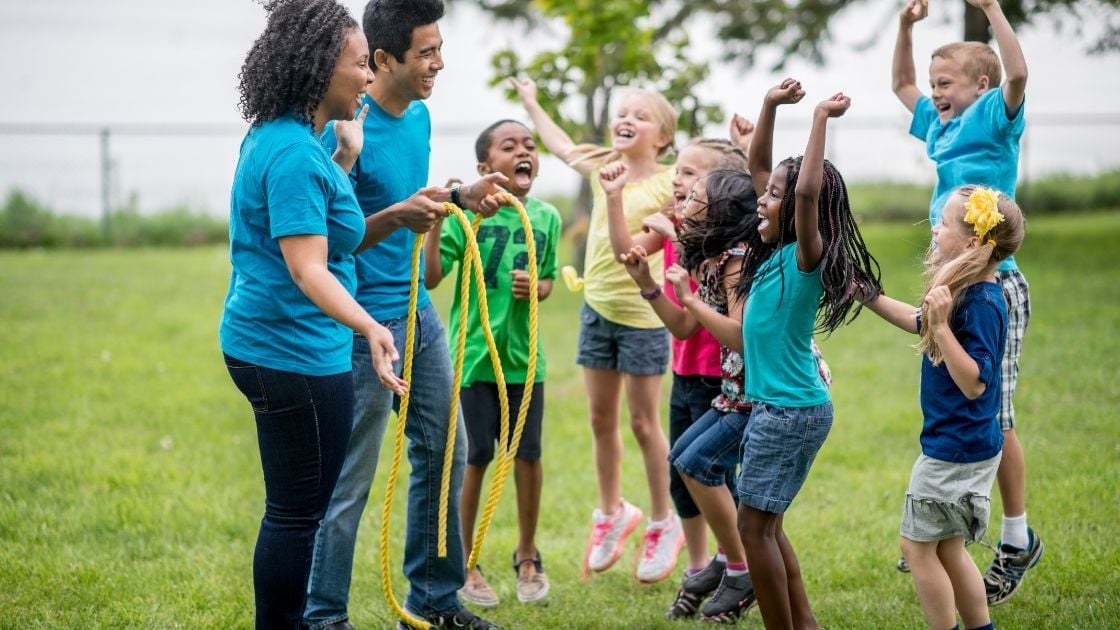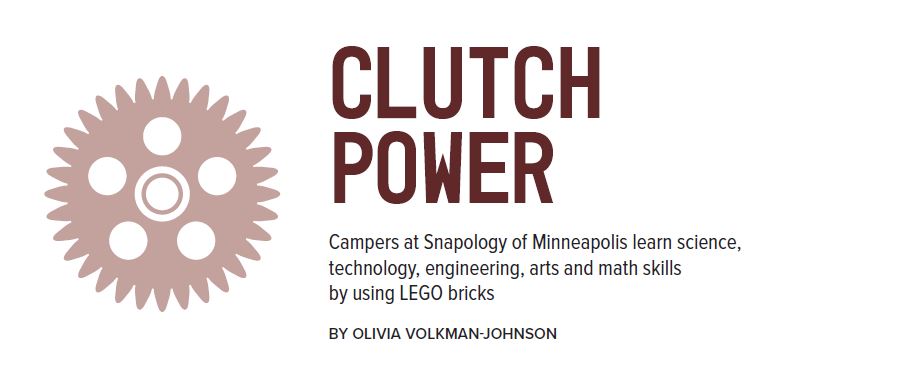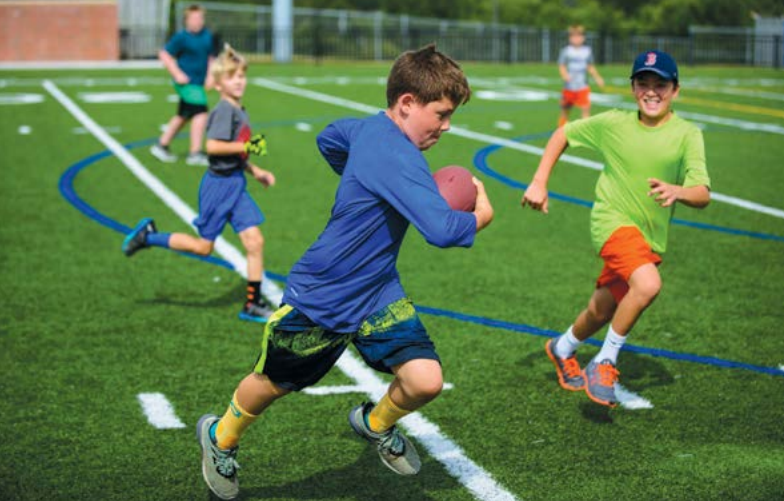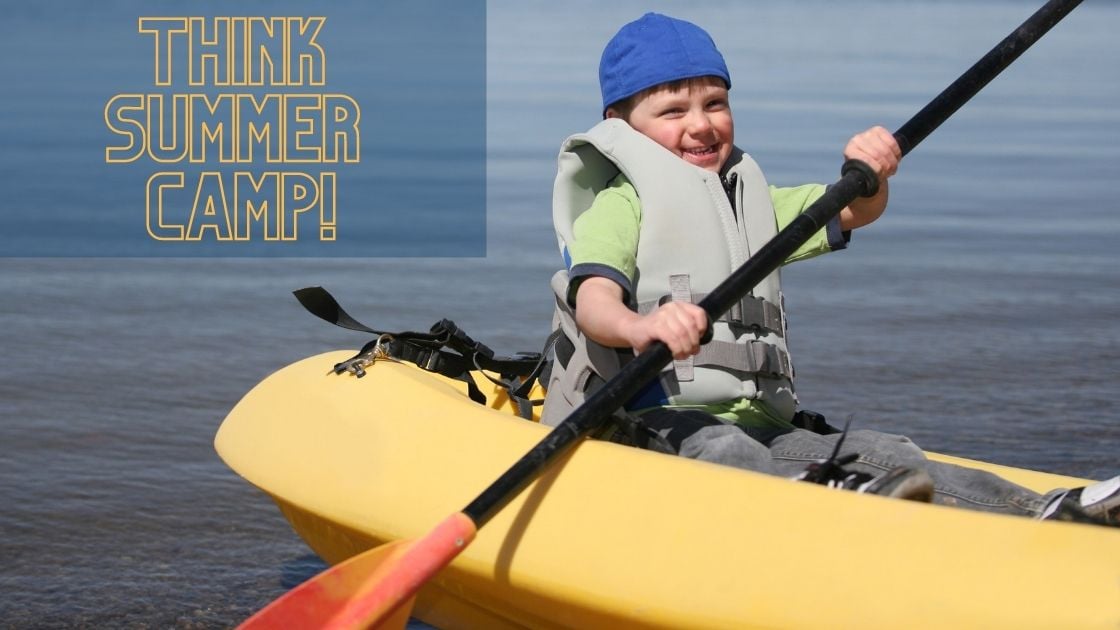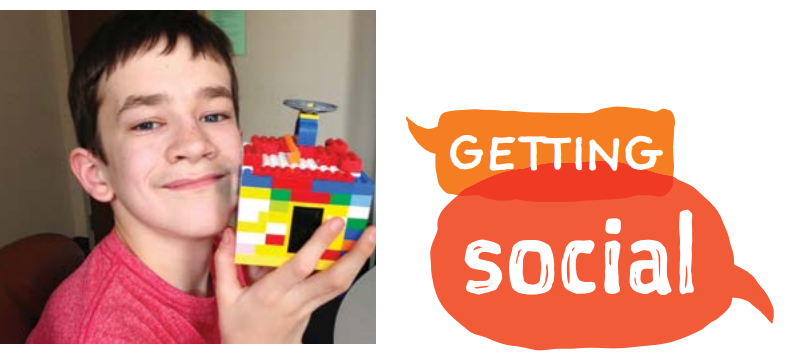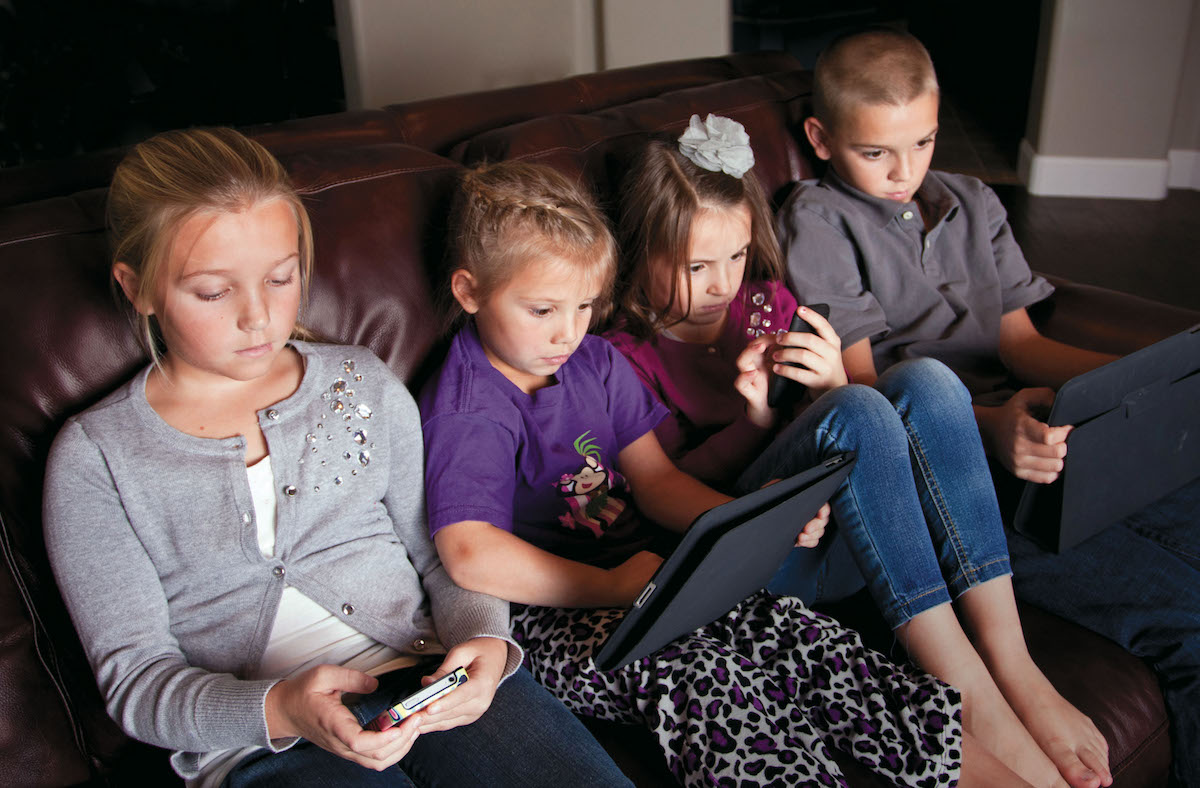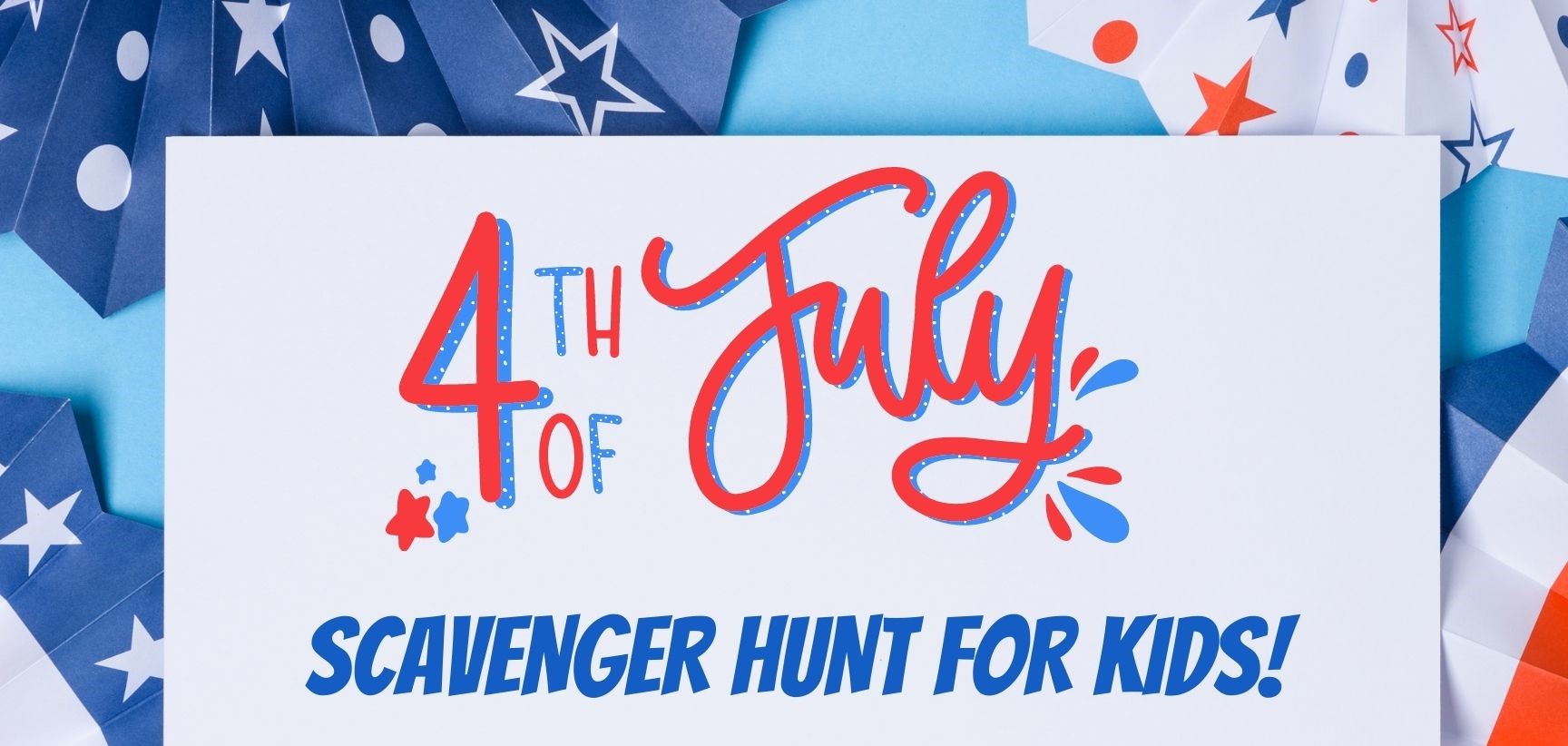Technology is at the heart of iD Tech summer camp
If there’s an app for that, it just might have been made at camp. At iD Tech summer camp, kids aren’t doing the usual camp activities—they’re learning how to program their own games, design their own robots, and yes, make their very own iPhone apps. Each summer the camp, located on the beautiful Macalester campus in Saint Paul, offers dozens of courses on new technology, ranging from computer programming to robotics, to digital media editing.
“It’s just a great chance for kids to get hands-on experience with all sorts of technology, and get some one-on-one time with really high-energy instructors,” says camp director Drew Rutherford. “A lot of this, they can’t get anywhere else. It lets them really dive into the technology.”
The weeklong camps mix instruction with hands-on practice, immersing campers in an impressive range of projects. Some students were learning how to adjust the color and contrast of their photographs, as instructors ran through the basics of Adobe Photoshop. Others were modifying video game levels, getting to actually play them when they were finished. Down the hall, the younger students were building and programming their own robots; some were wheeled and moving through mazes, others were picking up and catapulting objects, one was being programmed to read and respond to Morse code.
“This is the first time I’ve been able to design iPhone and iPad apps, and I have to say, it’s way cooler than I thought it would be,” said Kenny, age 14, who was working on a game that used the phone’s motion sensors to catch falling letters to spell words. He said he was hoping to enter it in a contest for educational games when he was done.
Tech-savvy kids
Instructors provide advice, fix problems, and crack jokes with the kids. The camp takes tremendous pride in the quality of its instructors, recruiting from some of the best colleges in the area. Many hope to enter professional design and programming fields soon, some have gone on to become teachers, and a few even hold advanced degrees; one of the iPhone app development instructors was finishing work on his Ph.D. in Computer Science at the University of Minnesota. Most importantly, the instructors earn a real sense of admiration from the campers.
“The counselors really care about your programs, and they’re really easy to talk to or ask questions to,” says Jonathan, age 12, who camped for the past three years. “Plus they’re pleasantly insane. You can quote me on that one.”
As much as the camp is about sophisticated technology and serious instruction, it’s also about indulging a passion. Most of the kids who come to iD Tech camp have an infatuation with computers, digital art, or programming, and the camp gives kids an opportunity to practice with advanced computers and software they might otherwise not have the chance to use.
“I love computers; this is just my passion. It’s great to get to work with this every day and call it camp,” says Sanders, age 14, a student who came from Canada to study game design.
In Rutherford’s eyes, it’s important that the camp can bring together kids who share that love of technology.
“Especially with the type of camp we have, being technology-based, a lot of these kids at school are quiet, but in summer they’re in a camp with everybody like them,” says Rutherford. “It’s a really unique opportunity for tech-savvy kids to break out of their shells in a summer camp environment where everyone else is like them. They all love video games more than anything else, and if they have that in common, they can find out what else they have in common. A lot of these kids remember each other for years.”
“It’s been really easy to make friends, so happy memories haven’t been hard to find,” says Jonathan. “I come back year after year because it’s just such an awesome time.”
Every student returns home with a finished project, whether it’s a game they programmed, an app they designed, or a portfolio they produced, giving them a reminder of what they’ve
accomplished, along with a strong feeling of satisfaction.
“When you make something that’s yours and looks cool, and you can actually see it in the game and play it, that’s just unreal. You realize you made that, in only like three days,” says Sanders.
“The counselor’s job is to drive this knowledge home, and have the kids walk away with a tangible product, whether it’s a game or a skill set, or learning a computer language, which is a life skill,” says Rutherford. “A kid who wants to go home with a game will go home with a great game; a kid who wants to go home with a portfolio will go home with a great portfolio.”
Talented kids
The quality of work the campers produce often surprises even the instructors. Rutherford studied digital media in college and still finds himself amazed at what some of the design and photography students put together. “Some of the shots they come up with, I think to myself, ‘wait, how old are you?’ How can you frame a shot that well?”
Despite the high-tech nature of the camp, it’s not only about programming or sitting in front of computers all day. The instruction is cut up with breaks where the counselors take kids outside to play games like capture the flag, toss around a Frisbee, or to just enjoy a sunny summer day.
For those who stay overnight, there are board games, movie nights, meals at the Macalester dining hall, and a round of trivia that ends each day.
But often, the kids just can’t stay away from their work. “Last night I worked on this game until about ten o’clock. There was a movie night and we pretty much just ignored it and kept on working at the computers,” says Sanders.
At the end of the week, the camp hosts an open house where parents can meet the instructors and see what their kids and others spent the week creating. Parents get to spend some individual time with the instructors and are often amazed when they see the finished projects.
“Parents get to see how involved the counselors were, and see how much their kids like what they were doing,” says Rutherford. “Parents feel like they’ve really connected.”
As important as it is to make sure kids come home with a quality product, and that the parents are happy, the camp’s ultimate goal is making sure that the campers truly enjoyed what they were doing.
“If a kid doesn’t go home happy, I didn’t do my job,” says Rutherford. Based on the spirit of the campers, it seems like Rutherford is doing just fine.





